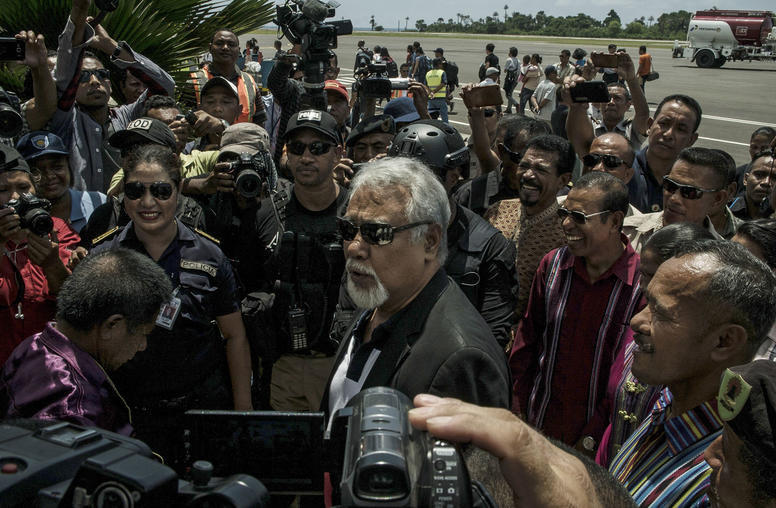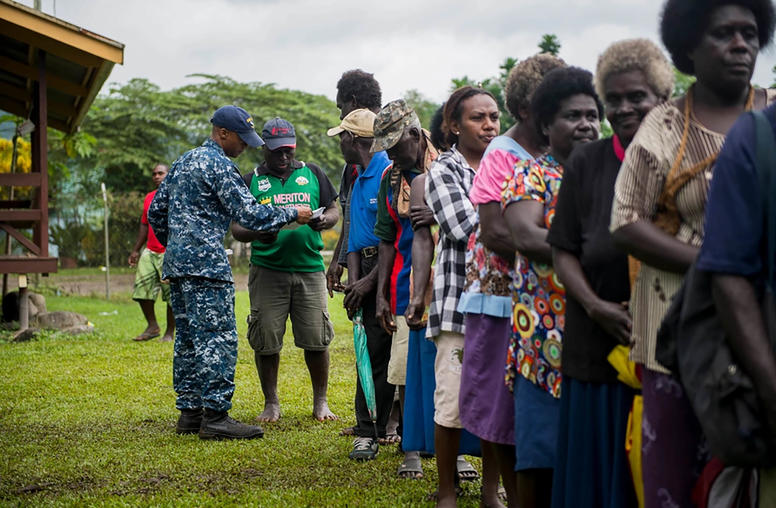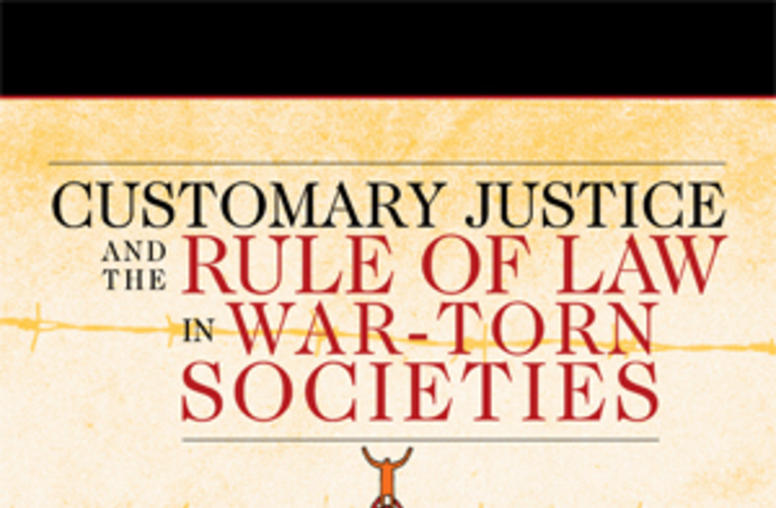Rebuilding East Timor...Again
The recent outbreak of violence in East Timor has left at least 30 people dead and thousands homeless, leading to the return of international peacekeepers. As the international community prepares again to increase its presence in East Timor, the failure to succeed in certain areas, mirrored in many other nation building missions, should be examined:
- Was the UN withdrawal from East Timor premature?
- Was the government well prepared/ready to face the challenges?
- Did the failure to reintegrate former combatants help spark the riots?
- Did the international community understand the divide in the society?
- What are some of the lessons learned from East Timor's descent?
Speakers
- Sukehiro Hasegawa (via phone)
Special Representative of the Secretary General | UN Office in Timor-Leste (UNOTIL) - Jose Luis Guterres
East Timorese ambassador to the United States and United Nations - Patricia Delaney
Fulbright Scholar at UNOTIL (2005-2006) - Daniel P. Serwer, Moderator
Vice President | U.S. Institute of Peace
Archived Audio
To listen to audio or to view video, please click on the links provided below. You also can right click on the links and choose "Save Target As" or "Download Linked File." This will save the file to your computer and then allow you to play it in your media player directly. More Audio Help.
- Listen to the audio from this event.
1:36:55 - 17.2MB


